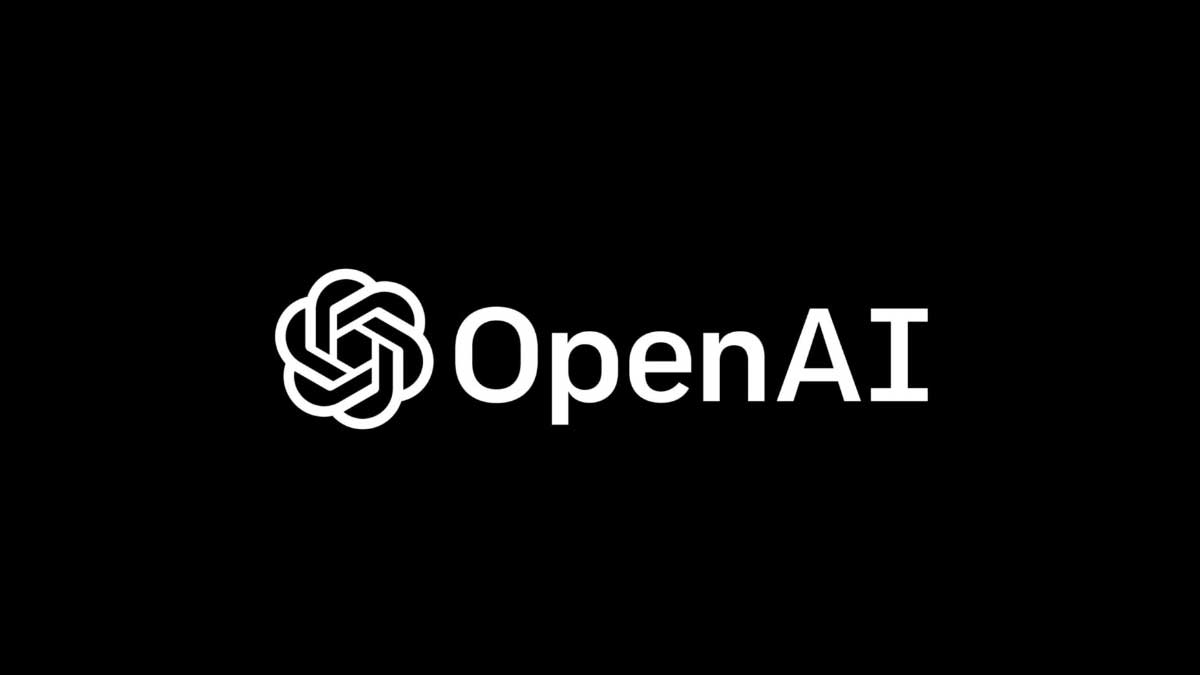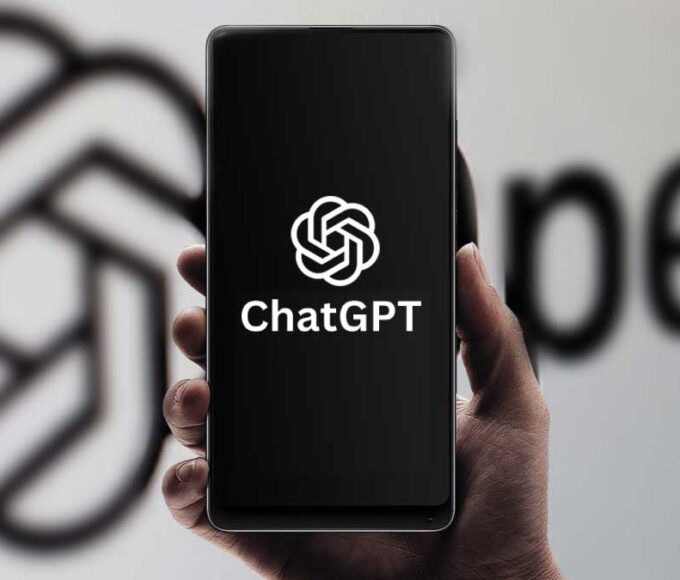- Home
- Billionaires
- Investing Newsletters
- 193CC 1000
- Article Layout 2
- Article Layout 3
- Article Layout 4
- Article Layout 5
- Article Layout 6
- Article Layout 7
- Article Layout 8
- Article Layout 9
- Article Layout 10
- Article Layout 11
- Article Layout 12
- Article Layout 13
- Article Layout 14
- Article Sidebar
- Post Format
- pages
- Archive Layouts
- Post Gallery
- Post Video Background
- Post Review
- Sponsored Post
- Leadership
- Business
- Money
- Small Business
- Innovation
- Shop
Recent Posts
OpenAI’s New Search Engine Takes Aim at Google

OpenAI has officially launched a new artificial intelligence-powered search engine integrated into ChatGPT, marking a significant move into the competitive internet search market, which has long been dominated by Google. This announcement was made on Thursday, with the new search feature becoming available immediately for paying users of ChatGPT Plus and ChatGPT Team. For those using the free version of the chatbot, OpenAI plans to roll out the search functionality over the coming months, expanding access to a wider audience.
The development of this search engine, initially referred to as SearchGPT, had been in the testing phase since July, involving approximately 10,000 users and several publishers. OpenAI is leveraging its advanced AI models to deliver search results that are not only efficient but also user-friendly. This new feature summarizes information gleaned from various websites and presents it in a concise format, providing short descriptions accompanied by attribution links rather than directing users straight to external sites. This design allows users to engage more interactively, posing follow-up questions and exploring relevant links available in a sidebar.
For instance, when searching for musical festivals in Boone, North Carolina, during August, users receive a curated list detailing each festival along with a brief description. Additionally, there are links to the festival’s official website, complemented by a sidebar containing links to other pertinent information, such as event schedules and ticket purchasing options. This innovative approach aims to enhance the user experience by streamlining access to information while promoting interaction with the search results.
In an effort to maintain a collaborative relationship with content creators, OpenAI has assured publishers that they will have control over how their content appears in search results. Publishers can choose to opt-out of having their material utilized for training OpenAI’s AI models while still appearing in search results. This initiative is part of OpenAI’s broader strategy to work alongside publishers rather than against them, creating a symbiotic environment in which both parties can benefit from enhanced content discovery.
This announcement follows a period of speculation surrounding OpenAI’s intentions to develop a search engine capable of rivaling Google. Reports emerged earlier this year, particularly in May, indicating that OpenAI was actively developing new search functionalities for ChatGPT, aiming to compete not only with Google but also with emerging AI search startups like Perplexity. As part of this strategy, OpenAI was reportedly making efforts to attract Google employees to assist in the development of this new product, as highlighted by The Verge.
OpenAI’s timing appears strategically aligned with Google’s own developments in the AI space, particularly following the announcement of Google’s Gemini AI products during its annual developer conference. By introducing its own search engine, OpenAI aims to position itself as a formidable competitor in a landscape where traditional search paradigms are being challenged by innovative AI technologies.
Over the past year, OpenAI has forged partnerships with several notable publishers, including the Associated Press, Financial Times, The Wall Street Journal’s parent company News Corp, Politico, and Axel Springer, the parent company of Business Insider. These collaborations allow OpenAI to utilize content from these publishers to enhance the accuracy and relevance of user queries, simultaneously aiding in the training of its AI models. Such partnerships are vital for establishing credibility and ensuring the quality of information disseminated through the new search engine.
However, the launch of this AI-driven search engine has not come without controversy. In December, The New York Times filed a lawsuit against OpenAI and Microsoft, alleging the unlawful use of millions of its copyrighted articles to train AI models. The lawsuit claims that the technologies powering ChatGPT and Bing Chat, now known as Copilot, could produce outputs that closely resemble or even replicate Times content. OpenAI has responded to this legal challenge by filing a motion to dismiss parts of the complaint, arguing that users do not utilize ChatGPT or its other offerings as substitutes for a subscription to The New York Times. The litigation remains ongoing, highlighting the tensions between AI development and intellectual property rights.
As OpenAI ventures into the search engine space, the outcome of its efforts will depend not only on its technological advancements but also on its ability to navigate the complex legal and ethical landscape surrounding content usage and copyright issues. The company’s commitment to providing a user-friendly search experience, coupled with its partnerships with publishers, suggests a forward-thinking approach aimed at establishing a viable alternative to existing search engines.
Overall, OpenAI’s entry into the search market with its AI-powered search engine integrated into ChatGPT represents a bold step forward. By harnessing the capabilities of artificial intelligence, OpenAI aims to reshape the way users interact with information online, offering a more intuitive and engaging search experience. As the rollout continues, both users and industry observers will be keen to see how this new search engine performs in a competitive environment and what implications it may have for the future of internet searching.
Recent Posts
Categories
- 193cc Digital Assets2
- 5G1
- Aerospace & Defense44
- AI32
- Arts3
- Banking & Insurance11
- Big Data3
- Billionaires216
- Boats & Planes1
- Business304
- Careers13
- Cars & Bikes66
- CEO Network1
- CFO Network17
- CHRO Network1
- CIO Network1
- Cloud10
- CMO Network18
- Commercial Real Estate7
- Consultant1
- Consumer Tech155
- CxO1
- Cybersecurity51
- Dining1
- Diversity, Equity & Inclusion4
- Education7
- Energy8
- Enterprise Tech29
- Events11
- Fintech1
- Food & Drink2
- Franchises1
- Freelance1
- Future Of Work2
- Games135
- GIG1
- Healthcare74
- Hollywood & Entertainment154
- Houses1
- Innovation37
- Investing2
- Investing Newsletters4
- Leadership65
- Lifestyle10
- Manufacturing1
- Markets20
- Media183
- Mobile phone1
- Money13
- Personal Finance2
- Policy542
- Real Estate1
- Research6
- Retail1
- Retirement1
- Small Business1
- SportsMoney22
- Style & Beauty1
- Success Income1
- Taxes2
- Travel10
- Uncategorized6
- Vices1
- Watches & Jewelry2
- world's billionaires186
Related Articles
Elon Musk’s xAI Seeks $40 Billion Valuation in New Funding Round
Elon Musk’s artificial intelligence company, xAI, is reportedly in discussions with investors...
By 193cc Agency CouncilOctober 30, 2024ChatGPT’s Voice: Redefining Accessibility in Education
On October 4, I had the remarkable opportunity to join hundreds of...
By 193cc Agency CouncilOctober 5, 2024OpenAI Releases New ChatGPT Voice Assistant
OpenAI, renowned for its development of the ChatGPT platform, has recently launched...
By 193cc Agency CouncilJuly 31, 2024OpenAI Launches AI Search Engine, Alphabet’s Stock Drops 3%
Shares of Alphabet, Google’s parent company, fell 3% to a 2024 low...
By 193cc Agency CouncilJuly 26, 2024














Leave a comment